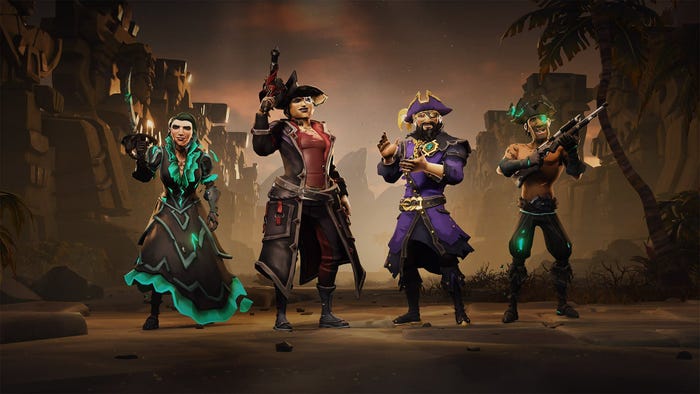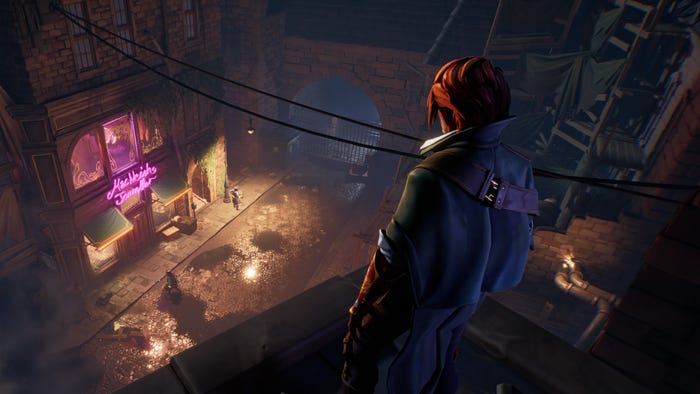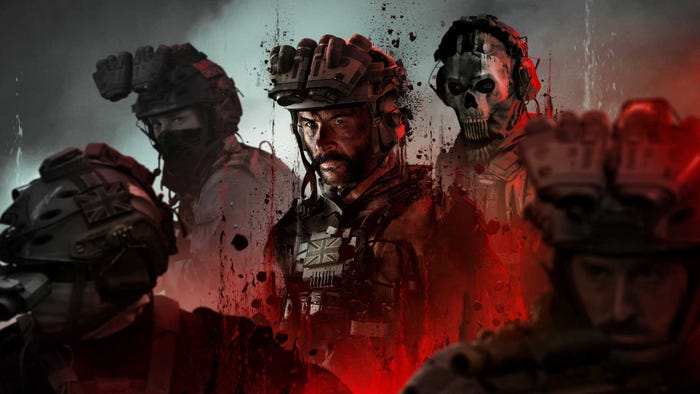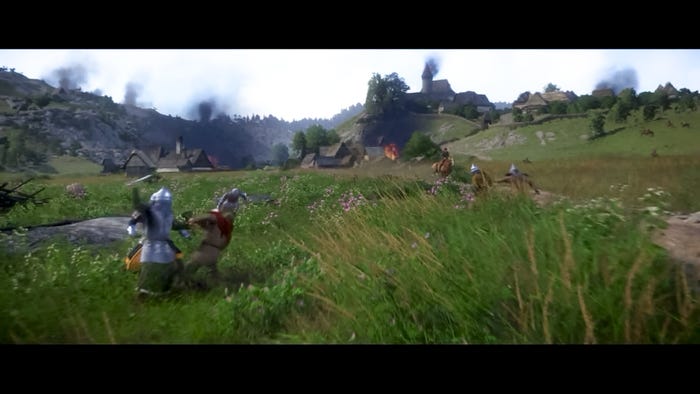Leading off the Casuality Seattle conference, keynote speaker and EA co-founder/CEO Bing Gordon talked about what the entire game industry can learn from casual games, discussing 'the joy of click pressure' and why the casual games biz fascinates him. [<b
June 27, 2006

Author: by Beth A.
“This is my casual gaming machine,” joked Bing Gordon as he brought out his Dell XPS for his presentation. Casuality Seattle opened with a keynote by Gordon, a co-founder and Chief Executive of Electronic Arts, on Tuesday, June 27 in Seattle, Washington. Gordon aimed to share lessons he feels the entire game industry can learn from casual games. Gordon refers to casual games as “short attention span theater.” Facing the struggles of working in a media with a recently coined term, Gordon questioned, “Who named this category anyway?” Regardless of conflicting terms and ideas of what classifies a game as “casual,” Gordon made an effort to draw the attention of the mass market game industry to the accomplishments of casual games. In his statistics for the top US paid media in 2004, EA's Club Pogo ranked at the top with 225 million hours. Of course, Gordon commented that he didn't use the 2005 statistics, since World of WarCraft has destroyed other unrelated competitors in the rankings. Casual games have financial shortfallings, though. According to Gordon, whereas broadcast television ranks at an average of 107 hours watched with 6.6 hours watched a day at 21 cents an hour, casual games only rank at 50 million hours, with 24 minutes played a day at 5 cents an hour. “Success isn't about PS3’s cell processor or online emotion engines,” he stressed. Gordon traced out trends in games, ranging from Massively Multiplayer Online games in 1997, dollhouse games in 2000, living city games in 2001, casual games in 2002, and pet games and music games in 2005. He reminded the game industry that casual games are still a new trend, but that many developers in the past have been involved in casual play styles, in games like Worms and M.U.L.E. Gordon outlined lessons for the game industry by referencing his own experiences in Club Pogo. He first emphasized the power of 'badges'. He himself has 269 badges on Club Pogo, and even though the badges are only for collecting based on gameplay, they stand as symbols of success seen by the community. Community is also essential, he added. Players motivate one another through co-op or competitive play and layers of communication. “Good Samaritan” game mechanics play strongly into the long-term life of a game community. Lifetime scores provide a sense of place and rank in a community. Gordon has found that more than half of Pogo players have 1 million or more points to trade for in-game or real life items like lottery tickets, but players don't want to give them up. He is up to 1.7 million points, but he reports that he traded away several "for a pimp hat." Although the mass market game industry often emphasizes “beauty,” as stated by Gordon, he has seen that one-click accessibility beats the beauty in a screen. Virtual world interfaces rely on technology without the graphic power of consoles, but players feed into the play and one-click ease. In addition, rapid prototyping is a strongpoint of casual games that should influence the game industry as a whole, Gordon feels. When game features are hard to explain on paper, which happens to him often, casual games are quick to move into prototyping phases for revisions. High-end technology is not necessary for getting a prototype started. “Keep it fast, cheap, public, and physical,” recommends Gordon. He cited simple strategies like using dice and cards, Lego mockups, creating low-tech scoring systems, or even in the case of the Harry Potter casual game add-on using Quidditch, putting dolls on sticks. As more core games like Madden and Sims 2 contain casual gameplay elements, the more opportunities open for adding casual games into console titles. Gordon continued on with what he has learned from playing casual games: “45 year old women can IM too.” He’s now educated on how to deal with husbands and what pregnancy is like, through his Club Pogo interactions. “But,” he said, “the people who design games for women are still fathers with daughters and brothers with sisters.” He encouraged women to get more involved in the industry. Casual games have many pleasures Gordon has discovered. “You can do all-nighters 5 minutes at a time!” He described what he calls “the joy of click pressure.” Even if he doesn’t know if he’s winning a game, it’s often fun just to click and see what happens. On the community end, avatars add particular appeal to identity and self-discovery. For teens, he says, virtual worlds are the “new rite of passage.” In the future, Gordon predicts, casual games will be central social networks, due to findings that community formation, even at the Beta level, is unchangeable for the entire life of a virtual world. He recommends developers and publisher tapping into pocket screens and mobile outlets. In terms of game content, he emphasized cooperation, fantasies, meta-games such as trading, campaigns, and guilds, and expert features, and concluded positively: “The monetization of the Internet is the great business story of this generation.”
You May Also Like







